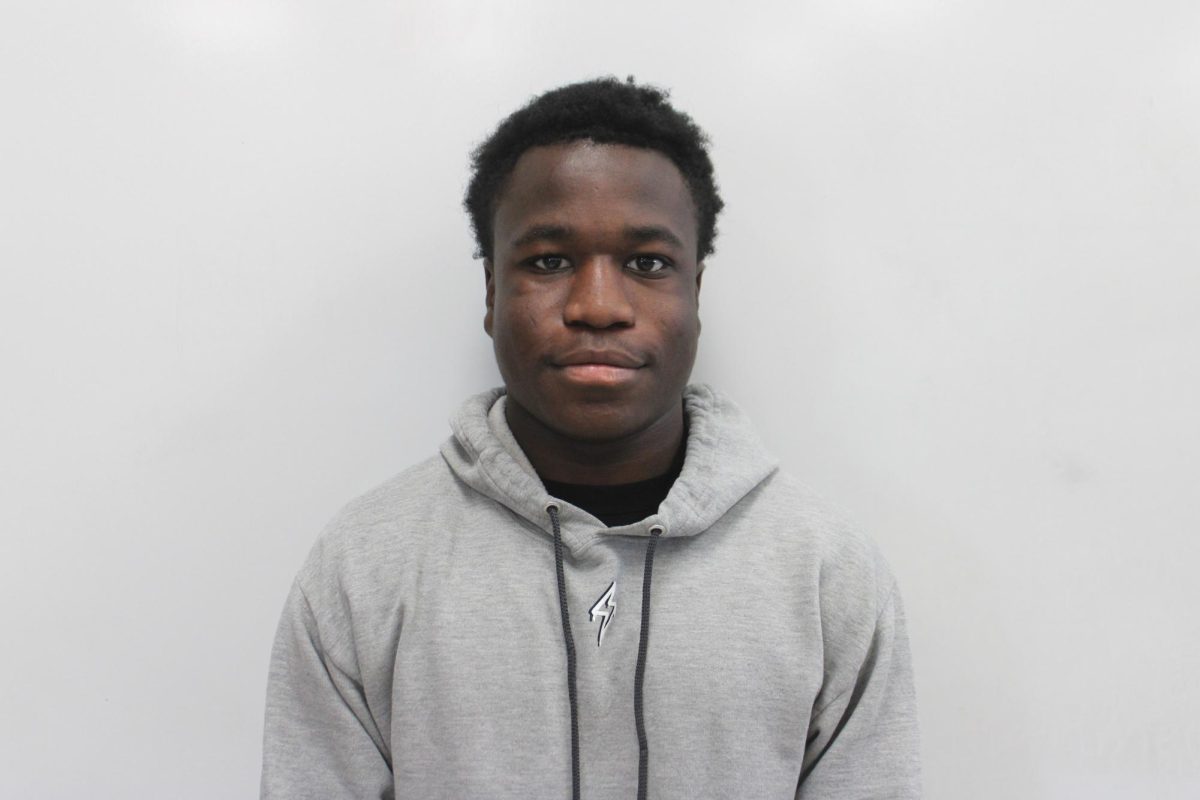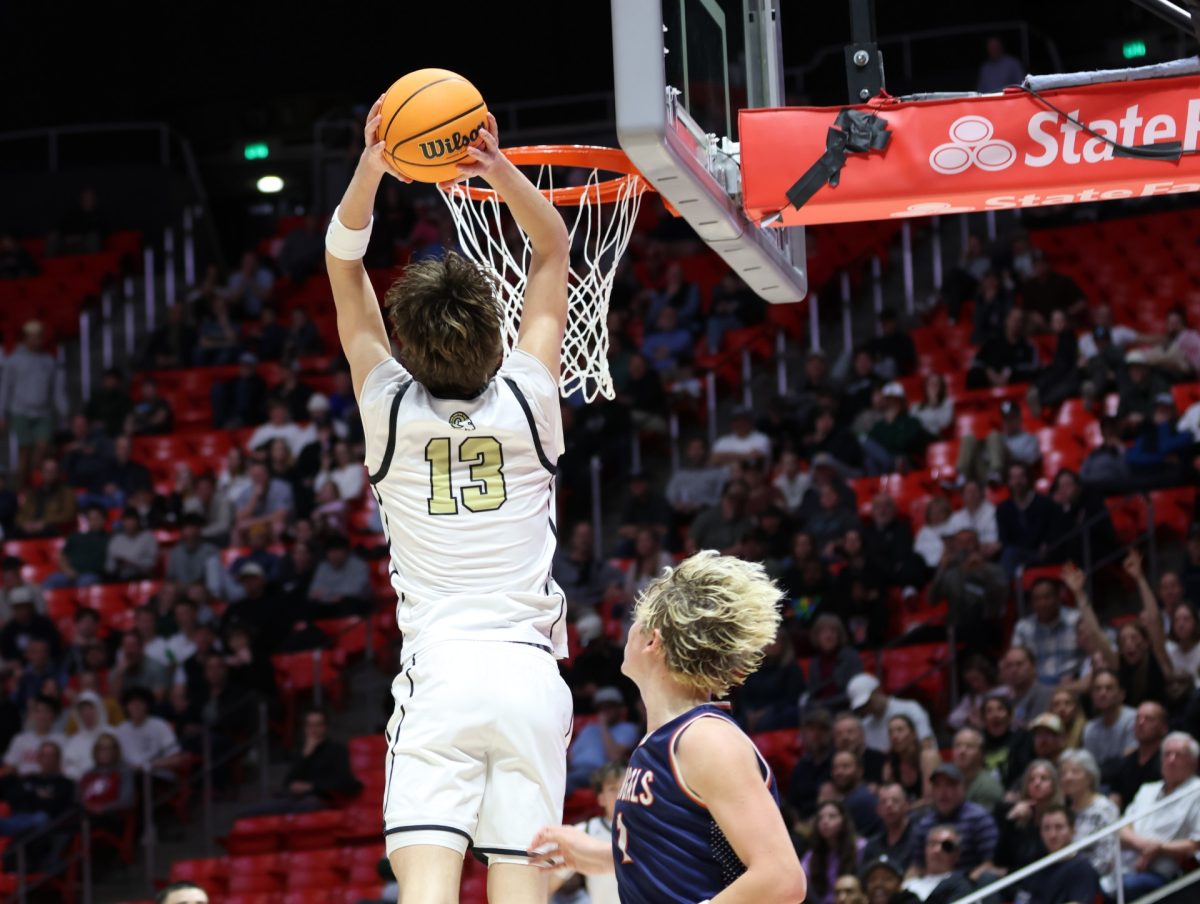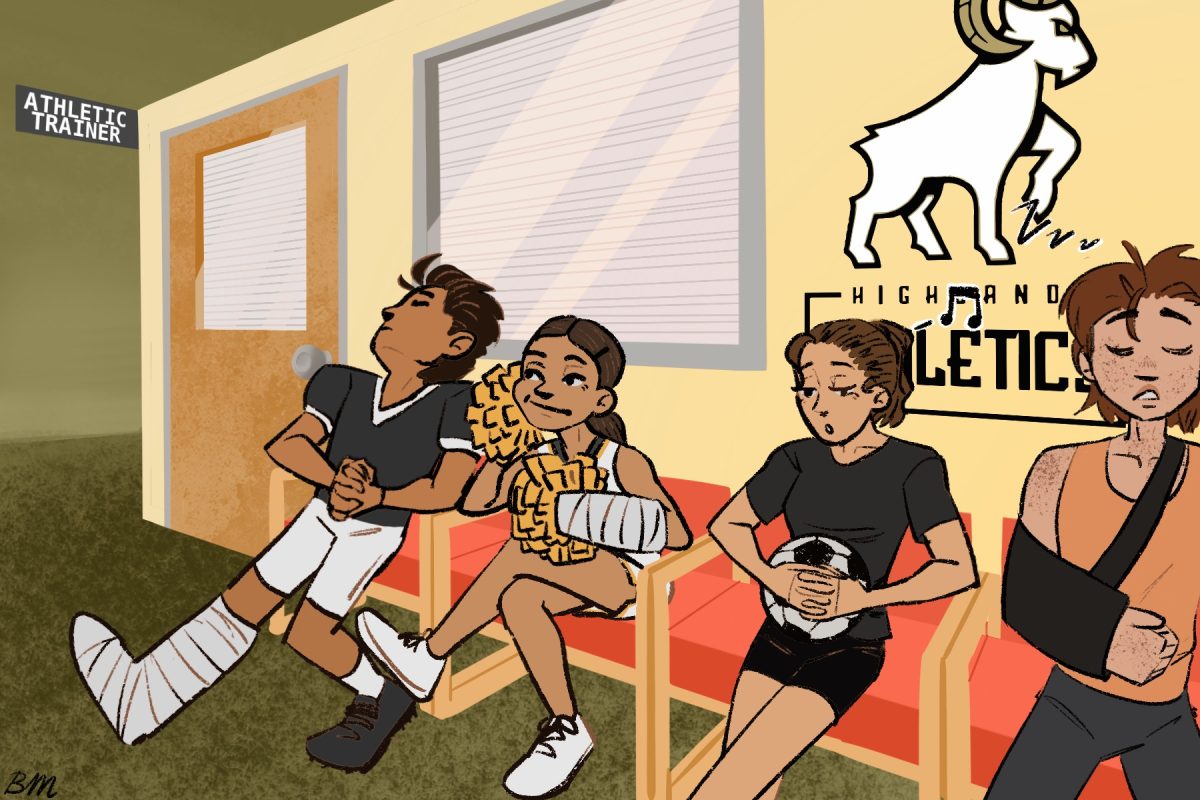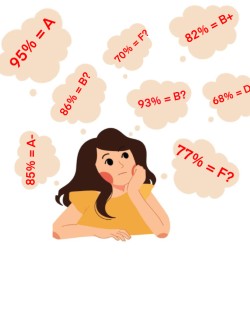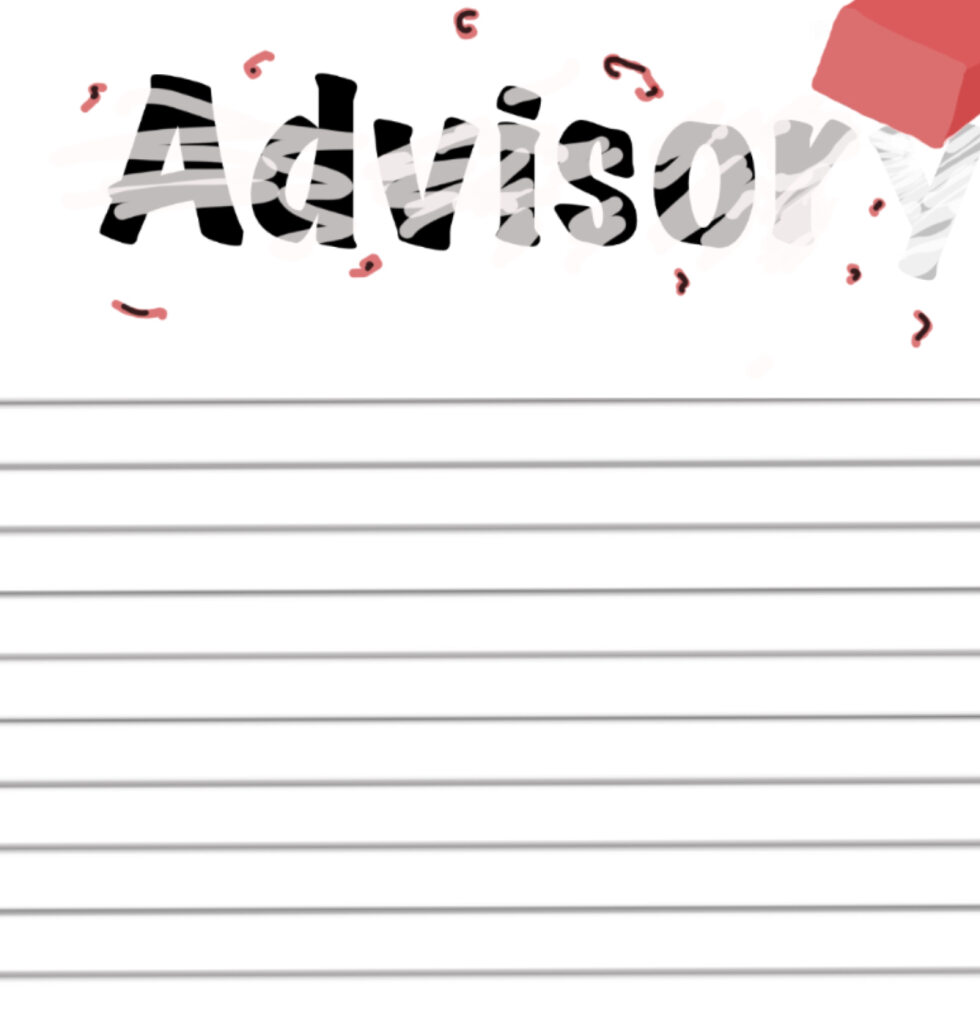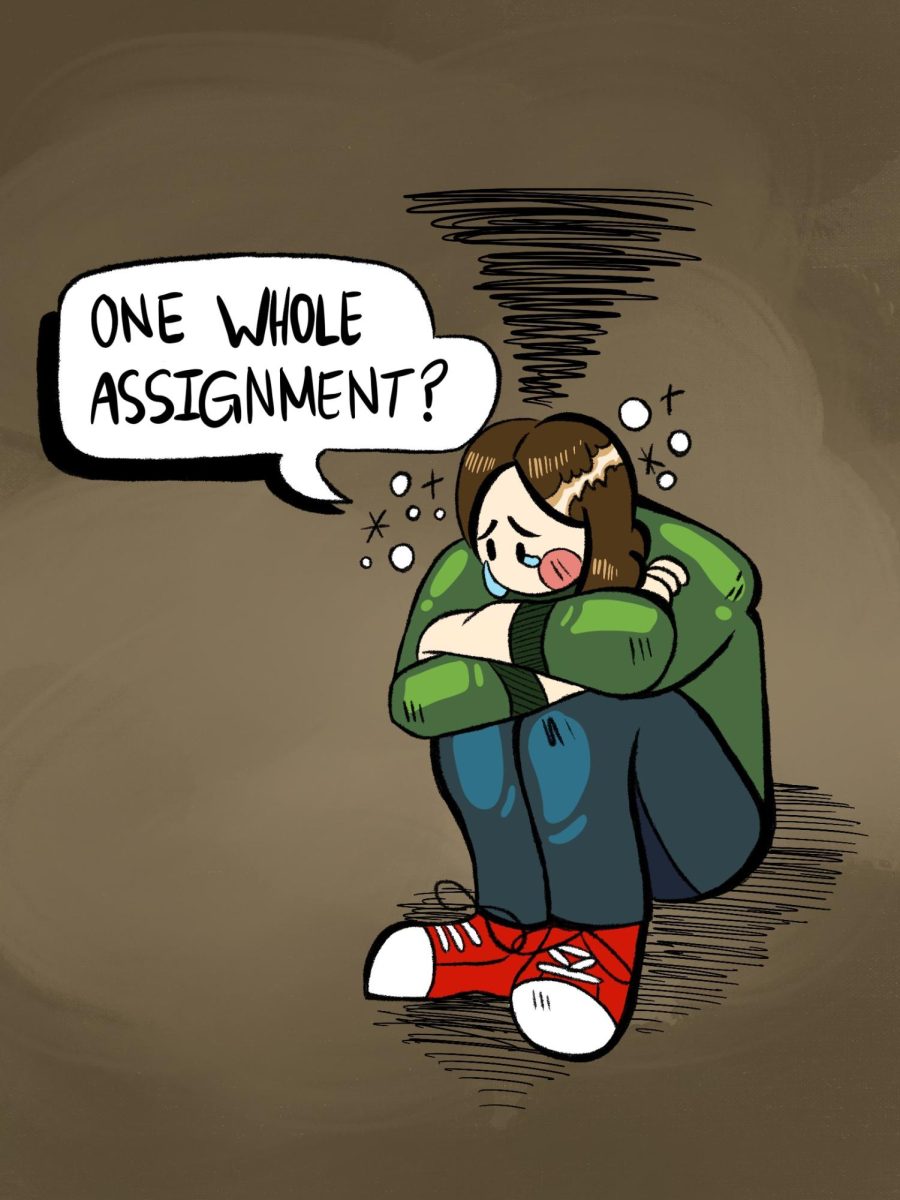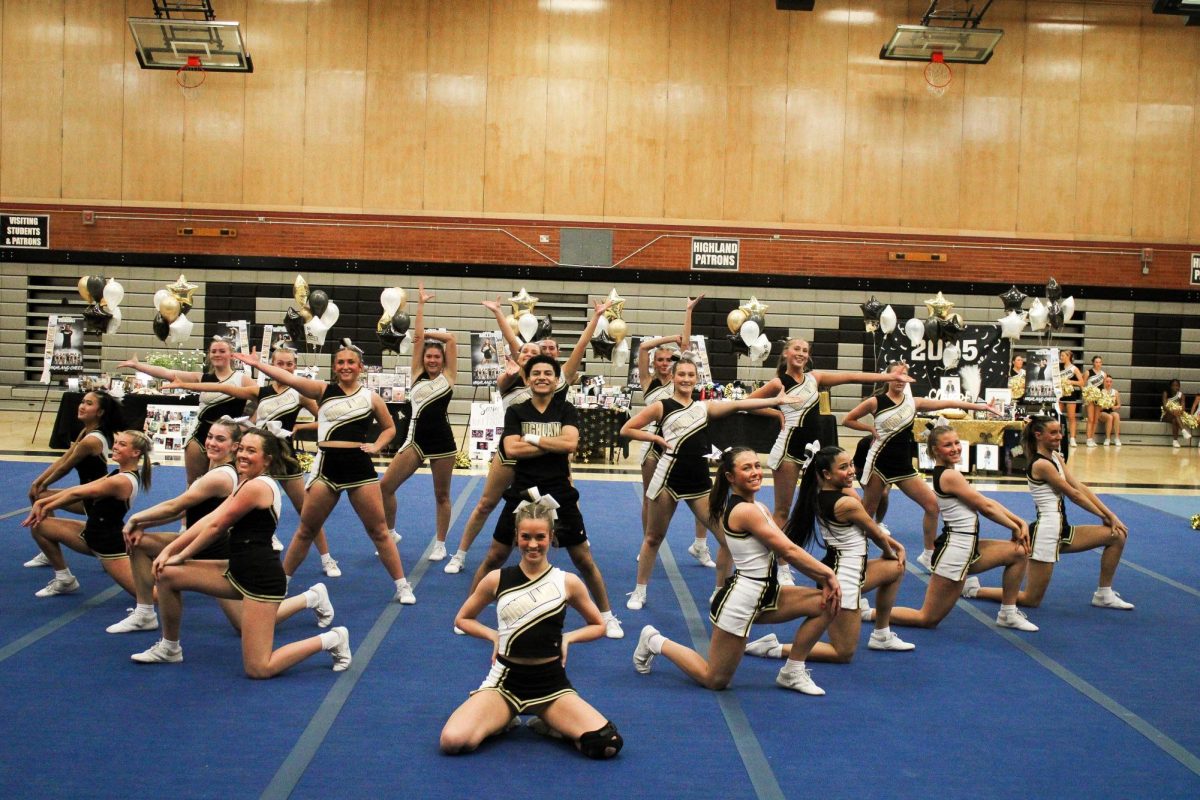I have always heard about athletes getting concussions, but I never really understood how severe they can actually be. At least not until I found myself dizzy, nauseous, and unable to function as I normally would.
After being diagnosed with my second concussion in a year, I learned how life-changing these injuries can become.
Typically, when someone gets a concussion, they’re back in about two weeks, but those two weeks can easily turn into a long-term issue. As someone who is on their second concussion in only one year and has been experiencing severe symptoms for three months, I know how frustrating recovery from an injury can be. I didn’t want to be benched during the season but maybe it would have been better if I had been earlier.
For an athlete, there can be a lot of pressure surrounding the timeframe in which they return to play. Not just from the coaches or parents but internal pressure. That pressure can be from feelings of not wanting to be out for who knows how long, not wanting to negatively affect your team by sitting out, not wanting to step away from something you love so much, and more. It’s difficult but it’s always better to walk away as soon as possible because it only gets worse.
Concussions, otherwise known as traumatic brain injuries, are sustained by a blow or jolt to the head. According to the National Library of Medicine, “An estimated 300 000 sport-related traumatic brain injuries, predominantly concussions, occur annually in the United States.” That is a number far higher than wanted by the athletes, their families, and medical professionals.
When a concussion has been sustained, the athlete’s health and safety should be prioritized, one that comes far before the concern of when the athlete will return to the sport. However, that is not the consensus among coaches.
A survey organized by the National Center for Biotechnology Information showed, “more than half of sports medicine clinicians had experienced pressure from coaches and athletes to return athletes to participation prematurely after a concussion.”
The survey shows concussions are not properly treated and it’s due to a lack of concern from sports coaches. It is the job of coaches to not let an athlete return until they have been cleared by a medical professional, but their lack of proper judgement skills has led to misconceptions about concussions and post-concussion management. This causes athletes to return to play before they are ready. Unfortunately, returning to play too early can set students back in the healing process or even make symptoms worse.
Students often struggle with learning issues post-concussion, and it is vital their teachers and coaches understand that. Without accommodation it’s astonishing how quickly the grades of students plumet. The school is doing its students a disservice by leaving their teachers uneducated on such an important matter because if the students can’t learn, the school has failed them.
“Mental health problems can affect a student’s energy level, concentration, dependability, mental ability, and optimism, hindering performance,” stated the Suicide Prevention Resource Center. “Research suggests that depression is associated with lower grade point averages.”
All competitive student athletes are at risk for physical injuries that occur during training or competition, but their mental health needs are too often ignored. Highland should seek mental health services like a sports psychologist to help athletes balance their strained physical wellness and mental health.
I’m not aware of any coaches at Highland pushing kids back from concussions too soon but this is something that happens throughout sports, and it needs to be a focus especially at the high school level.
Sports psychologists help athletes to build confidence and improve their communication skills, so they feel comfortable talking to their coaches when they don’t feel ready for something like returning to play “for the good of the team” or because the coach thinks they’re “fine”. This will ultimately lead to students’ ability to work through the slumps using their positive mental programming.
Sports psychologists want nothing more than to see their patients cope more effectively with the life challenges they face so they may thrive on the field or on court or on the stage. According to Intermountain Healthcare, “the emphasis is on the balanced development of the total person so athletes can maximize their performance potential and enjoy their competitive experiences.”
An athlete’s health, especially with concussions, needs to be a priority at all high schools. One thing I’ve learned over the past few years is it’s hard to stop doing the activities you love. Sometimes coaches have to be the ones to say no.



